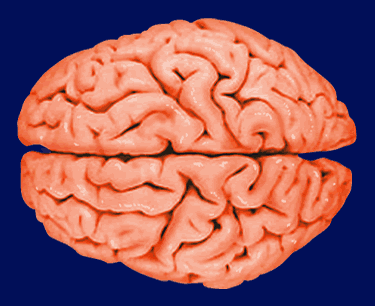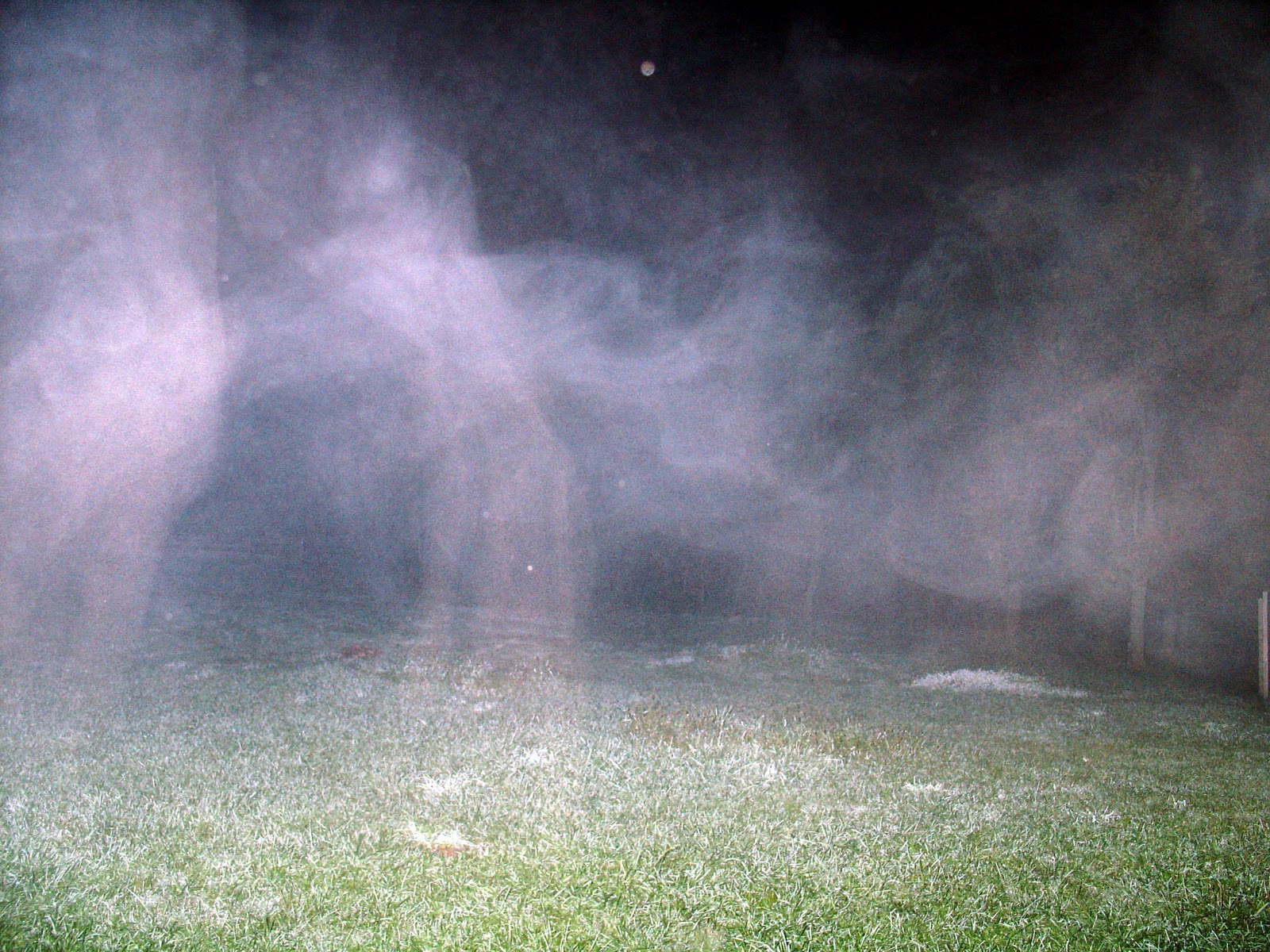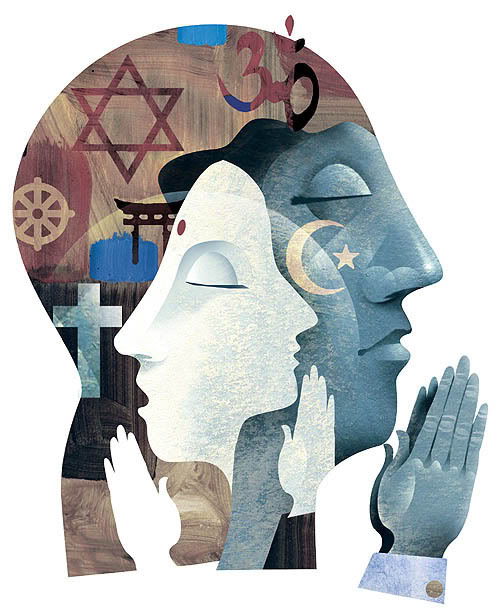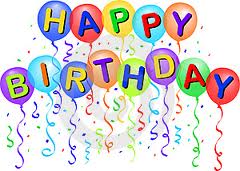Do you use your Intuition or Trust?
There is a difference between trust and intuition.
Intuition is a feeling that exists as a subconscious feeling, which is the subconscious allowing 80% of the brain to have inner knowledge. The brain triggers that what you feel makes sense and provides clarity. It allows the ability to feel either a positive or a negative feeling. Similar to a pendulum, it will provide you with a yes or a no. Trust is where you can put your feelings and your heart and soul into the hands of another person and know that you are safe, but are you? Trust deals with the conscience. A feeling that exists even if is misinterpreted.
I recently sat for tea with a close friend of mine who returned from a retreat in Sweden.
Robyn Goldberg, a Psychology graduate from Tufts University, shared her experience during her travels with me to Sweden. We spent over three hours speaking about a relationship and how her trust for someone who she recently connected with felt so warm and were filled with unconditional love. Although Robyn felt this way, something inside of her felt as though there was a small component of the puzzle that was not in place. Like a seesaw, Robyn felt the difference of measurement. The seesaw in her mind was not equivalent to the other side. It began to vacillate. Keeping this feeling, her intuition stored in the back of her mind proceeded with caution. She wanted to believe that this was all real and picture perfect. “Wanted” is a key word, thus making our conscious mind believe that this is right. Robyn shortly discovered that after learning that her intuition may have been overlooked by her own self wanting to believe that the component of trust was, falsely implemented into her brain and felt safer being stored there. This observation by Robyn was clearly something that she noticed on the surface. It was an uneasy feeling that she felt. When we have a feeling, it is generally felt in one area of the body such as the stomach or neck or even the chest area.
Robyn began to think about how she was feeling as opposed to reality, but did not try to over think what she felt. One strong clue that was conscious was his lies. In this case, this was all Robyn needed to learn. Clearly facing the reality of the feeling is the conscious component that was able to be determined in her thought process. She began to discover that one statement after another statement was untruthful. At this point, Robyn began to proceed with focusing with her intuition and she began to recognize her reasoning made perfect sense. Confronting her friend, he would not tell the truth. Although he refused to tell the truth, Robyn felt strongly that he indeed was fabricating and determined she was in the right.
She began to tune into her intuition, her seventh sense and began to watch reality unfold. Prior to recognizing her knowledge of just how strong her intuition was, Robyn began to realize that her trust level came from the heart as opposed to the intuition that comes from the subconscious brain. It is easier that one wants to hold trust close to our hearts because we feel completely safe and not vulnerable. When Robyn saw signs of fabricating, she took a step backward and began to observe her feelings and allowed for her intuition to emerge. Many people feel safer when they avoid their intuition and place their heads into the sand. Like Robyn, she refused to do that and confronted the person with eye contact and when ones eyes begin to dilate it is a sign of lacking the truth. Even though the point that Robyn was trying to confirm was not acknowledged, she saw reality and used her intuition to terminate the relationship.
As a result, Robyn was indeed right and unraveled the truth on her own. Lying is a deal breaker. After one lies then trust is almost evident that it cannot be the same. We have the ability to look deeper into a situation if we want to. It is up to us to determine if we want to use our intuition that requires much work from the brain or if we choose to feel trust which is easier to deal with and less to worry about until it may be too late.
Trust your intuition because by doing so, your intuition becomes a barometer for you to have a trusting worthwhile relationship. Intuitions first, then trust.











